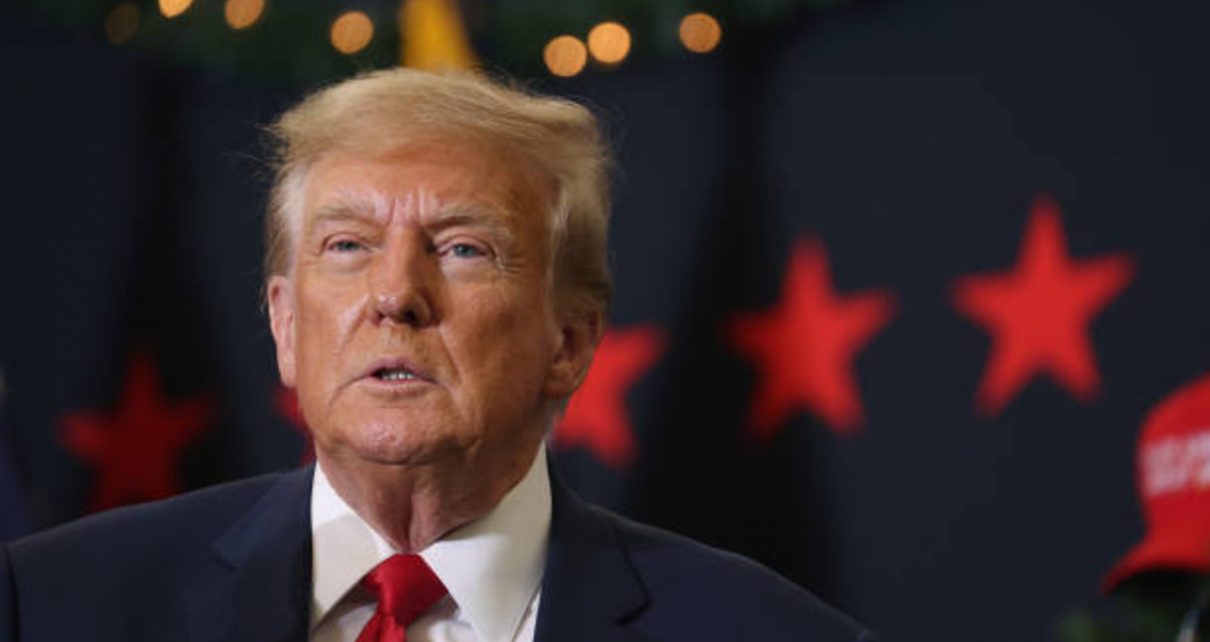In a consequential move, the US State of Maine has barred Donald Trump from its 2024 U.S. presidential primary election, making it the second state to do so due to his alleged involvement in the January 6, 2021, Capitol attack. Secretary of State Shenna Bellows, a Democrat, attributed this decision to Trump’s role in inciting the insurrection, highlighting his dissemination of baseless voter fraud claims and urging supporters to obstruct the certification of the 2020 election results.
Bellows underscored, “The U.S. Constitution does not tolerate an assault on the foundations of our government,” elaborating on her 34-page ruling.
Trump’s campaign swiftly expressed intent to challenge the “atrocious” decision, aiming to appeal it in the state’s Superior Court. His legal team contested the insurrection allegations, asserting his protected right to free speech for remarks made on the day of the riot.
The disqualification arose from a group of former Maine lawmakers, including both Republicans and Democrats, invoking a constitutional provision that prohibits individuals from holding office if they engage in “insurrection or rebellion” after previously swearing allegiance to the United States.
Former lawmakers Kimberley Rosen, Thomas Saviello, and Ethan Strimling applauded Bellows for siding “with democracy and our constitution.” This bipartisan stance highlighted concerns beyond political affiliations, emphasizing adherence to constitutional values.
While the ruling directly impacts Maine’s primary, its ramifications could extend to Trump’s status for the general election in November. The decision might intensify pressure on the U.S. Supreme Court to address Trump’s eligibility nationwide under Section 3 of the 14th Amendment, particularly with Trump’s three nominations within the Court’s conservative majority.
Despite facing indictments in federal and Georgia cases related to election interference, Trump’s lead in Republican nomination polls remains substantial.
Previously disqualified in Colorado, Trump has vowed to contest the ruling in the Supreme Court, denouncing these challenges as “undemocratic.” However, similar efforts in other states, including Michigan, have been dismissed.
Maine’s designation as likely Democratic in non-partisan election forecasts positions President Joe Biden as the anticipated victor. Nevertheless, Trump secured one electoral vote from Maine in both 2016 and 2020 due to the state’s unique Electoral College setup.
Advocacy groups and anti-Trump factions have invoked Section 3 of the 14th Amendment to challenge his candidacy, specifically focusing on preventing former confederates from serving in government roles.
Unlike procedures in other states, Bellows, overseeing Maine’s elections, was tasked with making the initial determination regarding disqualification before court deliberation.


